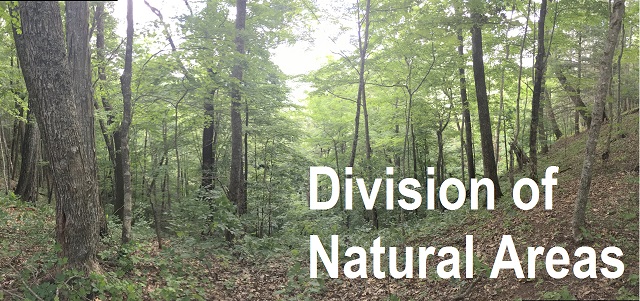Title
Forest regrowth on the Cumberland Plateau and implications for productive management
Document Type
Article
Publication Date
11-1983
Abstract
An old-growth forest and a 35-year-old, second-growth forest on the Cumberland Plateau were studied to compare species composition and structure. Species composition and total basal area of the two stands did not differ, although total stand density was 19 percent lower and basal area of commercial species was 25 percent higher in the old-growth than in the second-growth stand. Analysis of size-class distributions showed that both stands were best represented by an inverse J-shaped distribution, which best describes old-age stands. The rapid regeneration of the second-growth stand seems to be the result of minimal disturbance to accumulated nutrient pools in the soil. The importance of these accumulated nutrient pools and implications for forest management on the Cumberland Plateau are discussed.
Recommended Citation
Muller, R. N. 1983. Forest regrowth on the Cumberland Plateau and implications for productive management. Southern Journal of Applied Forestry 7:208-212.


